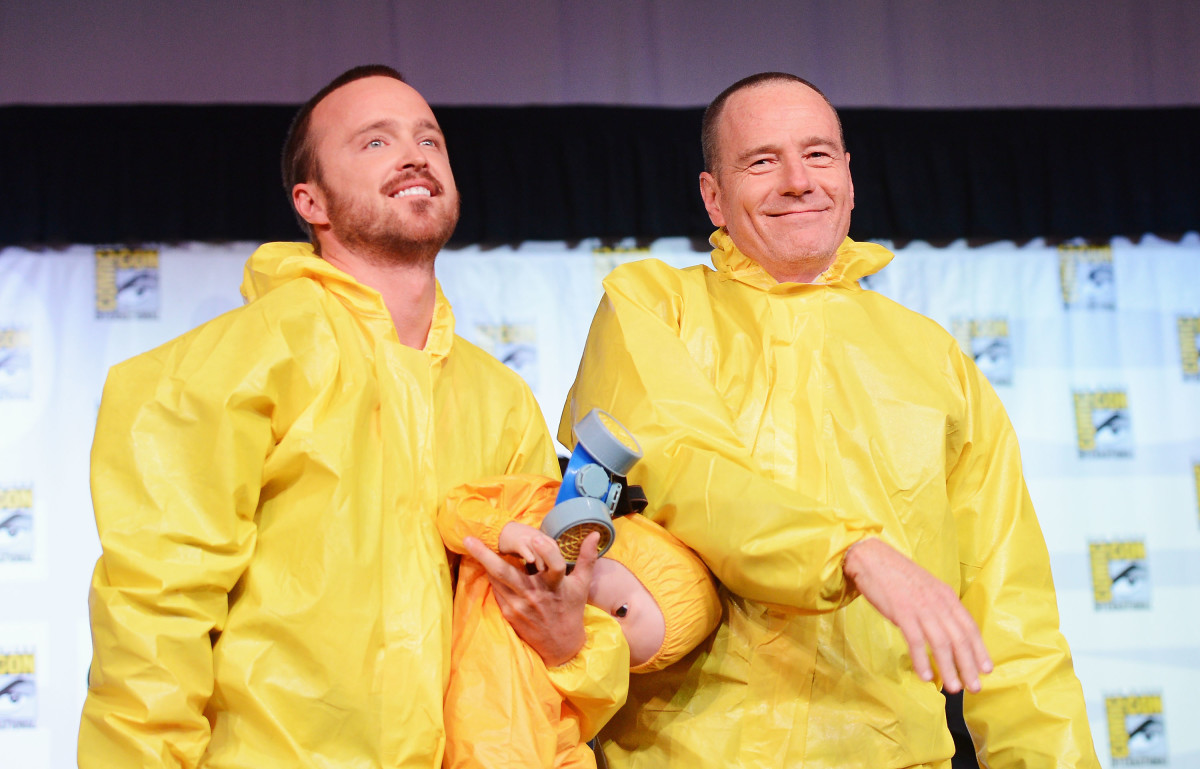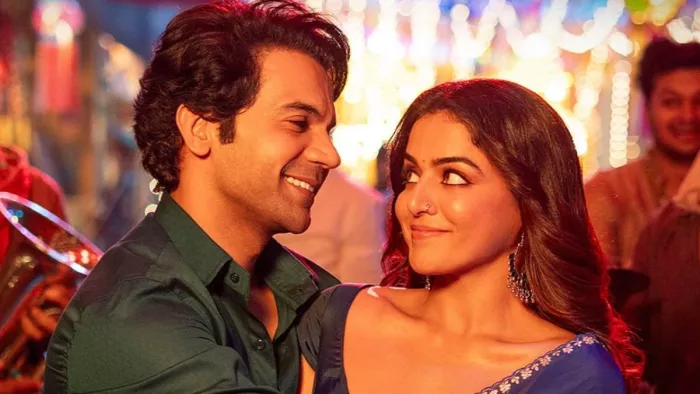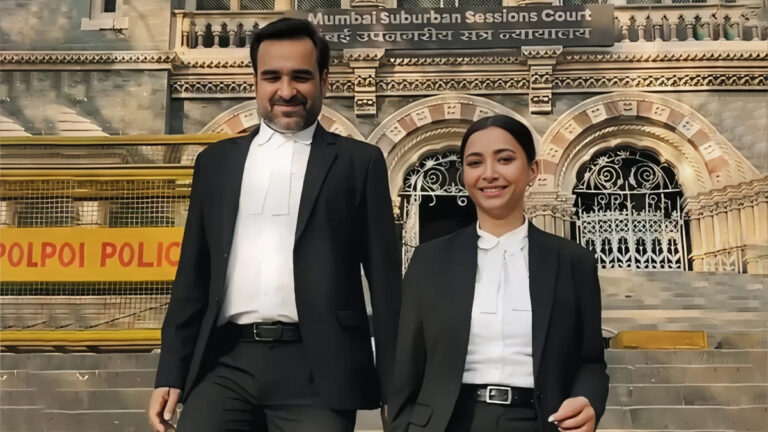Bryan Cranston Reveals Why “Breaking Bad” Would Have Failed as a Movie
Bryan Cranston: "Breaking Bad" Would Have Made a Terrible Movie
Since its debut in 2008 and concluding in 2013, "Breaking Bad" has cemented itself as one of the most iconic television shows in history. The complex narrative surrounding Walter White, a high school chemistry teacher turned methamphetamine manufacturer, captivated audiences week after week. Recently, lead actor Bryan Cranston shared insights that further highlight the brilliance of "Breaking Bad," emphasizing why the series should never have transitioned to film.
The Prestige Television Era
Cranston’s reflections on "Breaking Bad" come at a time when the lines between film and television have blurred, evolving dramatically from those earlier days in Hollywood. Historically, actors were often pigeonholed into either film or television, with a stigma attached to those who attempted to cross over. However, the emergence of "prestige television" has breathed new life into storytelling, expanding the platforms and formats available to artists and audiences alike.
Cranston noted that "Breaking Bad" serves as a sterling example of this progression. The depth of character development, the pacing, and the rich storytelling are elements that are best suited for a long-form series rather than a two-hour movie. He succinctly expressed this sentiment, stating, "If you can tell a story in an hour and a half to two hours, it should be a movie. But ‘Breaking Bad’ would have made a terrible movie because you would have had to truncate all the beats of his changing, his transitioning from a good guy to a bad guy."
Character Evolution: A Story for the Small Screen
One of the cornerstones of "Breaking Bad’s" success is the intricate, layered portrayal of its lead character. Walter White’s transformation from a mild-mannered teacher to a ruthless drug lord is a complex journey that unfolds gracefully over multiple seasons. This evolution is an essential part of the narrative that simply could not thrive in a condensed movie format. Here’s why:
- Depth of Characters: Every character in "Breaking Bad," from Jesse Pinkman to Saul Goodman, has rich backstories and personal growth that would be impossible to adequately express in a short film.
- Themes and Motifs: The series explores profound themes such as morality, identity, and familial bonds, weaving them throughout its storytelling. These nuanced explorations require time and space to resonate with audiences.
- Pacing: The series methodically builds tension and impact, allowing viewers to absorb the implications of each moment. A film would likely hurriedly rush this development, losing its emotional weight.
More Than Just a TV Show
The success of "Breaking Bad" was not only a significant boon for Cranston but also launched numerous careers. Actors like Aaron Paul, Krysten Ritter, and Giancarlo Esposito found critical acclaim through their roles, with Esposito even garnering praise for his portrayal of Gus Fring, a character that became synonymous with chilling malevolence in television.
The show’s phenomenal run catapulted Cranston into the spotlight, earning him four Emmy awards for Best Lead Actor in a Drama Series. It’s difficult to fathom how such a poignant and layered story would translate to the big screen effectively.
The Legacy of "Better Call Saul"
Cranston’s insights about "Breaking Bad" come alongside the success of its critically acclaimed prequel, "Better Call Saul." The series, which aired from 2015 to 2022, expands on the character of Saul Goodman, played by Bob Odenkirk, exploring his transformation into the morally flexible lawyer for the series’ nefarious characters. Odenkirk also received multiple Emmy nominations for his performance, reinforcing the notion that "Breaking Bad" spawned not one, but two groundbreaking series.
Here is a brief look at the achievements of the "Breaking Bad" franchise:
| Show Title | Emmy Wins | Lead Actor Awards |
|---|---|---|
| Breaking Bad | 16 | Bryan Cranston (4x) |
| Better Call Saul | 14 | Bob Odenkirk (6x) |
The Future of the "Breaking Bad" Universe
As Bryan Cranston reflects on the impact of "Breaking Bad," fans remain optimistic for what the future holds for the franchise. While Cranston maintains that a movie would have been detrimental to the storytelling, the legacy of the show continues to inspire new generations of storytellers and actors.
The conversation surrounding "Breaking Bad" and its place in the television landscape is far from over. As viewers continue to dissect its themes, character arcs, and narrative structure, it’s clear that this show will be relevant for years to come.
In conclusion, the triumph of "Breaking Bad" is a testament to the power of storytelling when given the proper platform. The dialogue surrounding the series reinforces the importance of preserving the integrity of a narrative, ensuring that it reaches its full potential. As Cranston aptly puts it, some stories simply belong on television.






